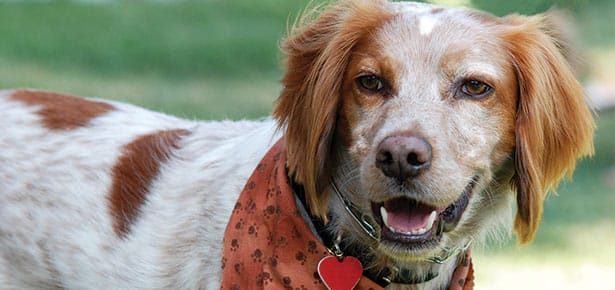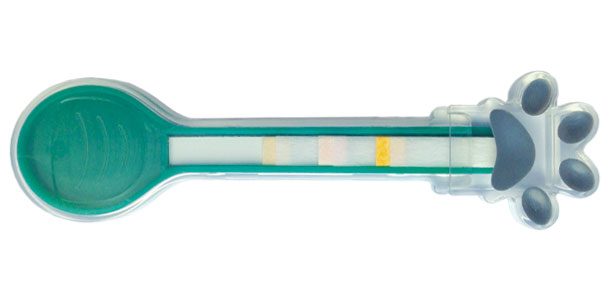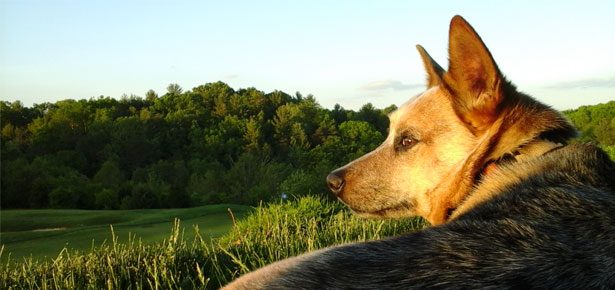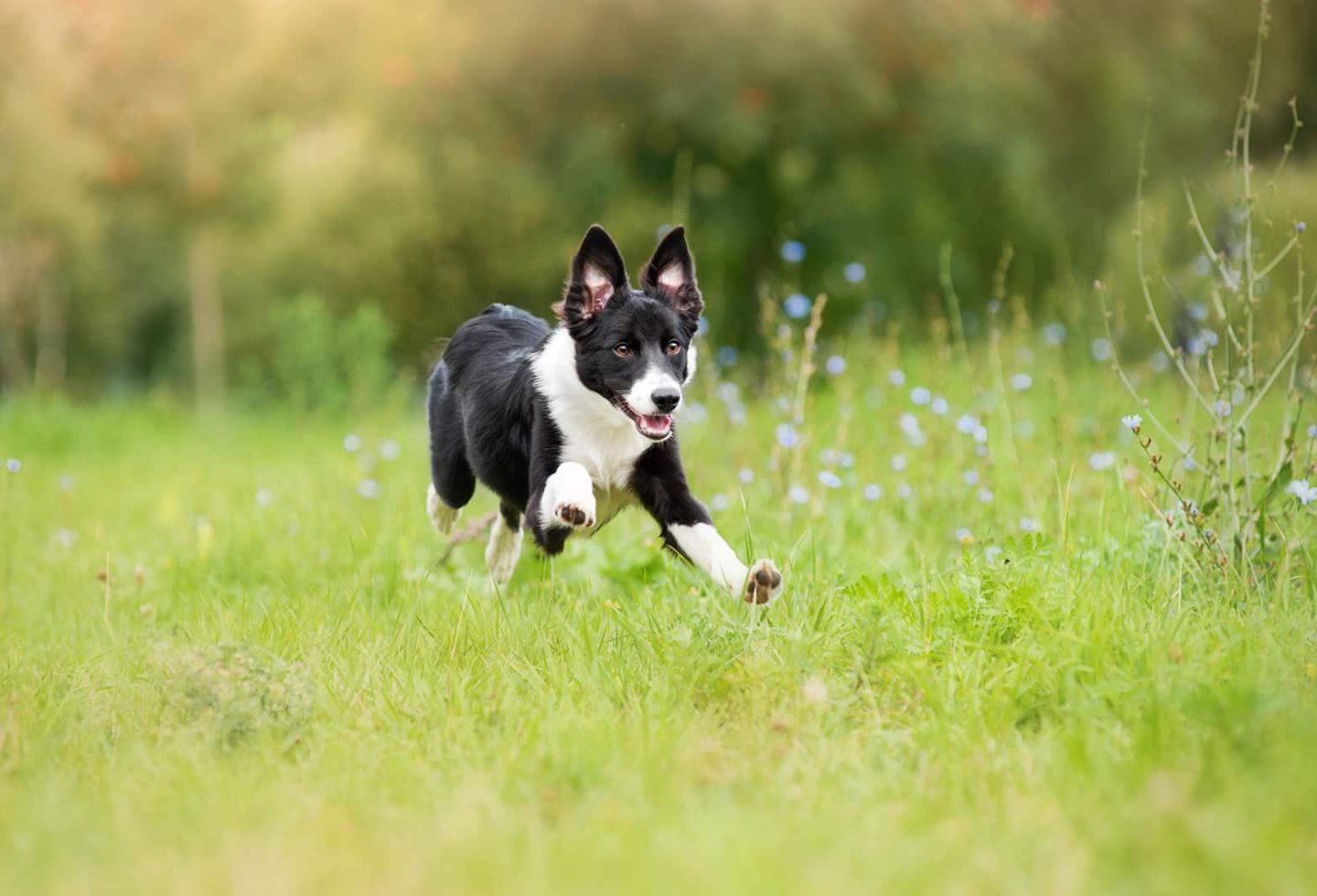
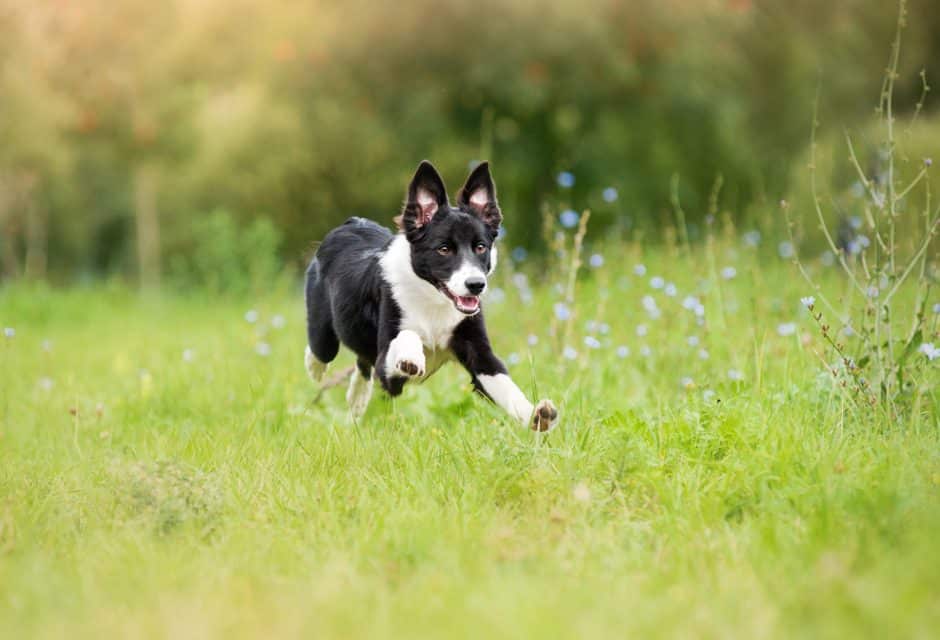
Toxic Plants Could Harm Pets
Dr. Christine Rutter describes some of the potentially dangerous plants in our homes
Having plants in your home can make your space more decorative, or even calming. However, certain plants also can be toxic to pets. Dr. Christine Rutter, clinical assistant professor at the Texas A&M University College of Veterinary Medicine & Biomedical Sciences, described some of the potentially dangerous plants in our homes.
“The plants in our homes that are toxic to pets are often colorful and showy,” Rutter said. “The plants that are the most deadly, especially to cats, are true lilies of the family Liliaceae. All portions of the plant, including pollen, are considerably toxic.”
In addition, Rutter said oleander and sago palms, a favorite decorative palm, also are dangerous to pets if consumed.
“All parts of sago palms are toxic, especially the seeds,” Rutter continued. “Dogs commonly eat the seeds, which can cause both immediate and delayed life-limiting effects.”
Though we try our best to keep our pets safe, we never know when a pet may accidentally ingest something toxic.
Symptoms of toxic plant ingestion include salivating, pawing at the mouth, vomiting, diarrhea, weakness, altered mentation, and agitation. It is also possible that an animal may act normal for one to two days after ingestion before the signs of illness are apparent.
If you think your pet has ingested a poisonous plant, Rutter recommended contacting the ASPCA animal poison control (APC). In addition, she said to take your pet to see a veterinarian immediately.
“There is a small fee for contacting the ASPCA APC, but it provides great information on many levels,” Rutter said. “It not only helps owners decide whether or not treatment is necessary, but it is also an ongoing resource for veterinarians because it provides the most up-to-date toxin database and treatment recommendations.”
While plants may look beautiful in our homes, it is important to make sure they will not harm our pets. To be sure a plant is safe, Rutter recommended referring to the ASPCA’s online list of toxic and non-toxic plants. Be sure to research any plant before bringing it home.
Join the newsletter and never miss out on dog content again!
"*" indicates required fields
By clicking the arrow, you agree to our web Terms of Use and Privacy & Cookie Policy. Easy unsubscribe links are provided in every email.

